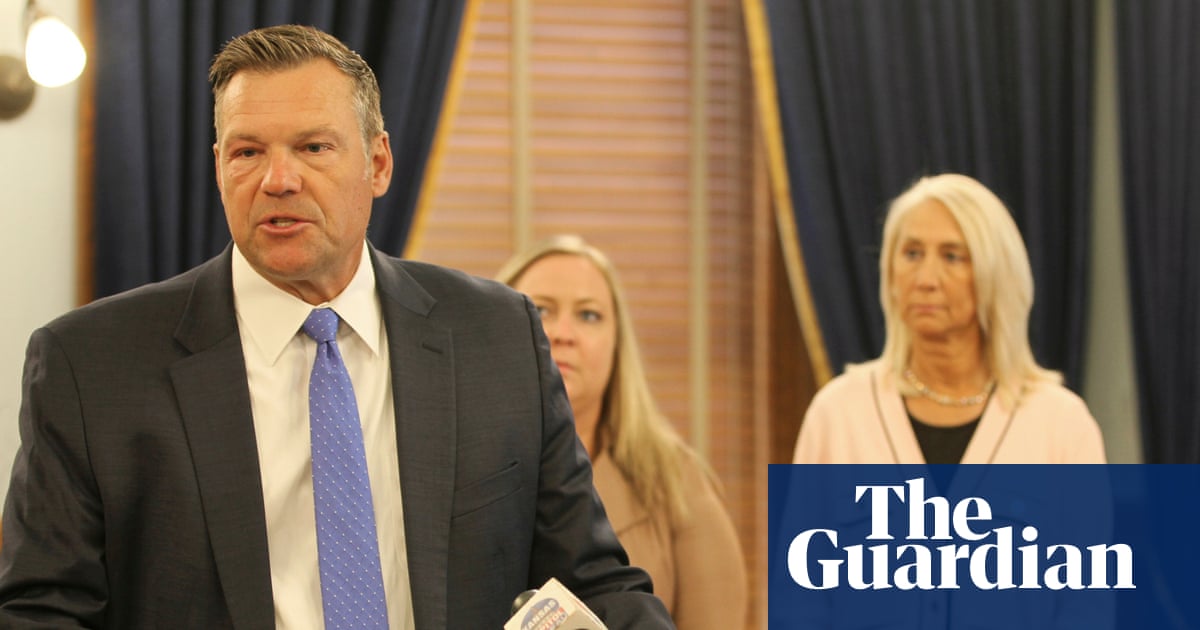Britain is facing mounting pressure to ban mercury dental fillings, one of the few countries yet to prevent the practice, as new data reveals alarming contamination levels in the nation’s fish and shellfish.
Mercury is a potent neurotoxin that can harm the nervous, digestive and immune systems, as well as the lungs, kidneys, skin and eyes, even at low levels of exposure. Its organic form, methylmercury, is particularly dangerous to unborn babies and can move through the food chain building up in insects, fish and birds.
Britain is lagging behind the rest of the world on phasing out mercury dental fillings, with 43 countries having already banned mercury amalgam, including the EU, Sweden, Norway, Tanzania, Uganda, Indonesia and the Philippines. Northern Ireland will outlaw mercury fillings from 2035 but no such ban is planned in the rest of Britain.
According to new analysis by the Rivers Trust and Wildlife and Countryside Link, over 98% of fish and mussels tested in English rivers and coastal waters contain mercury above safety limits proposed by the EU, with more than half containing over five times the recommended safe level.
“Mercury can have really detrimental impacts on wildlife and is known to build up in the food chain, affecting species from fish and otters to buzzards,” said Dr Rob Collins, director of policy and science at the Rivers Trust. “With almost all fish in English rivers and coastal waters above proposed safety levels, the government needs to speed up action on mercury pollution.”
Mercury from dental fillings enters the environment mainly through crematoria emissions, which release vapourised metal into the air when people with amalgam fillings are cremated. The mercury then settles on land and washes into rivers and seas.

According to Environment Agency data, crematoria are the second-largest source of mercury emissions to air after fuel combustion. Power stations contribute about 846kg mercury emissions to air, followed by crematoria with 593kg, road transport 228kg, domestic combustion 194kg and cement processes 140kg.
“Banning mercury fillings is an easy and cost-effective way to cut pollution, helping to make our rivers cleaner and boost struggling wildlife,” said Richard Benwell, chief executive of Wildlife and Countryside Link. “A global deal will be on the table in November – the UK should stop dragging its heels and commit to a phase-out.”
At the upcoming Minamata convention on mercury in November 2025, governments will debate a global phase-out of dental amalgam by 2030. African nations including Botswana and Burkina Faso are leading the call, while UK groups are urging Defra to support the proposal and bring forward Northern Ireland’s 2034 timeline to match.
But British Dental Association chair Eddie Crouch said: “Dental amalgam is tried and tested material and pulling the plug without a transition period would effectively bankrupt NHS dentistry. Amalgam separators are already in use in every dental practice in Britain to manage this risk. We would encourage crematoria to make use of available technology to do the same.”
Campaigners warn that the financial justifications for keeping amalgam are outdated. Mercury fillings have already been restricted for pregnant women and children due to developmental risks, and countries such as Germany have replaced them with safer alternatives at only marginally higher cost, they say.
after newsletter promotion
A government spokesperson said it was “committed to protecting public health and the environment through strict management of dental amalgam”, describing it as a safe and effective filling material.
“We recognise mercury can be harmful in large volumes, which is why strict controls are in place to minimise environmental impacts,” they said, adding: “Policy on dental amalgam is devolved across the UK, with a clear direction to restrict and phase down its use.”
The government said it was updating crematoria guidance under its environmental improvement plan to cut mercury emissions, and that it was reviewing the future use of dental amalgam across the UK before the Minamata convention, considering Northern Ireland exemptions and the EU phase-out.
Mike Birkinshaw, CEO of the Federation of Burial and Cremation Authorities, said it has worked with the Cremation Society of Great Britain for 11 years running a mercury abatement scheme. In 2024, 253 of 338 crematoria took part, and many now use full abatement systems, cutting emissions well beyond Defra’s 50% target set in 2012.
Birkinshaw said the FBCA was awaiting updated guidance “expected to require all crematoria to abate all their mercury emissions within three years of publication,” adding that the sector was “committed to reducing this harmful emission in the shortest time possible”.

.png) 3 months ago
85
3 months ago
85

















































